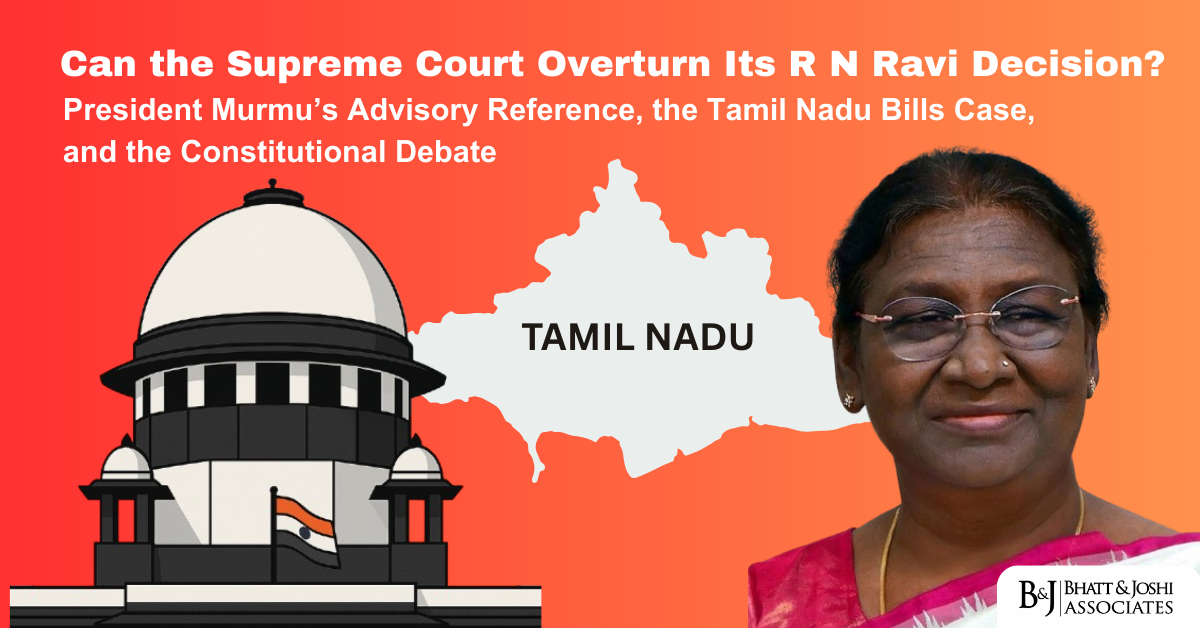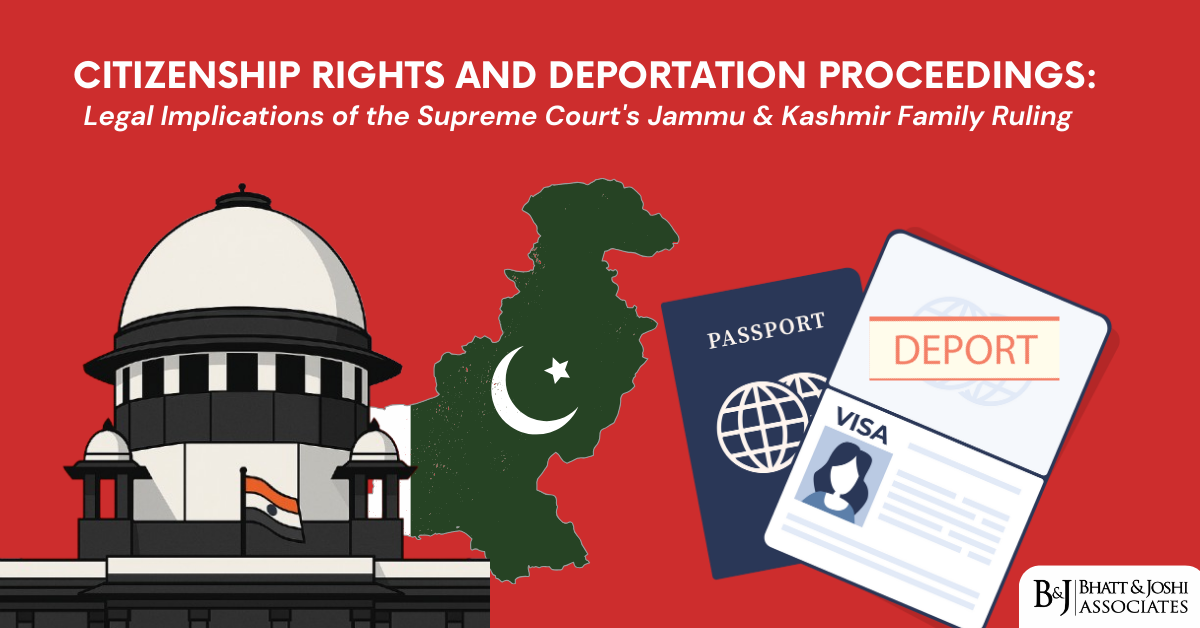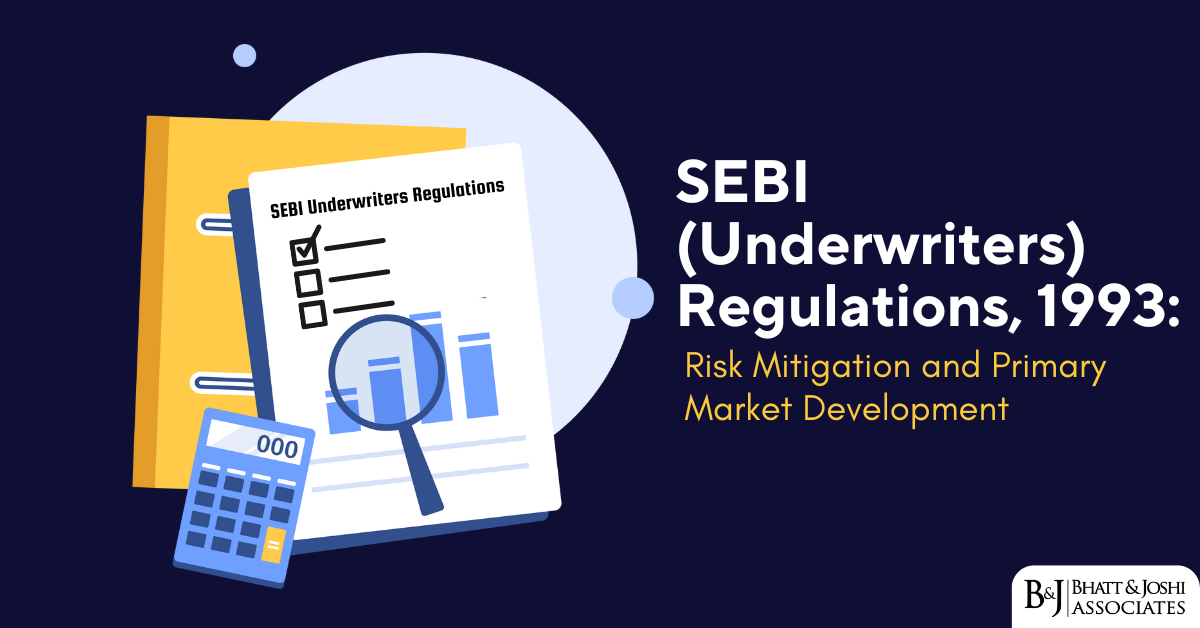Introduction
Navigating the complexities of the Foreign Exchange Management Act, 1999 (FEMA) can be challenging, and protracted delays in investigation and adjudication can add to the difficulties faced by individuals and entities. While FEMA itself does not explicitly prescribe strict timelines for the Adjudicating Authority to dispose of complaints or for the Appellate Authority to conclude appeals, this article aims to shed light on your rights in the face of such delays in FEMA proceedings and the avenues available for seeking resolution, drawing upon legal principles and judicial precedents.
The Implications of No Strict Timelines in FEMA
Unlike some other fiscal statutes, FEMA lacks specific limitation periods for initiating investigations into contraventions and also only mandates an ‘endeavour’ to dispose of complaints and appeals within prescribed timelines, such as 180 days for appeal disposal. This absence of strict statutory time limits can, unfortunately, lead to considerable delays in the conclusion of FEMA proceedings, potentially causing hardship and uncertainty for the parties involved. The Enforcement Directorate (ED) can investigate contraventions even for transactions undertaken many years in the past.
Upholding Fair Process and Natural Justice in FEMA Proceedings Delays
Despite the absence of specific time limits, fundamental legal principles, particularly the principles of natural justice, remain paramount in FEMA proceedings. These principles dictate that every authority should exercise its power to investigate within a reasonable period, and undue or inordinate delays can be seen as a violation of natural justice.
Several judicial pronouncements have underscored this point:
- The Supreme Court in State of Gujarat v. Patil Raghav Natha and Ors. observed that where no limitation period is provided, authorities are required to initiate proceedings within a reasonable time, contingent upon the specific facts and circumstances of each case.
- Similarly, in Government of India v. Citadel Fine Pharmaceuticals, the Supreme Court held that even without a prescribed time limit for duty recovery, the Adjudicating Authority is expected to judiciously exercise its powers within a reasonable time, and an assessee can challenge inordinate delays in the issuance of demand notices.
- The Bombay High Court in Shirish Harshavadan Shah v. Deputy Director, E.D. quashed proceedings initiated after a delay of over 22 years under FERA, noting that such delays can severely prejudice the petitioner’s ability to recall relevant facts. The court emphasized that every authority should investigate within a reasonable period, which depends on the case’s specifics, and in this instance, the ED failed to justify the delay.
- In Innovative Tech Park Ltd. v. Special Director of Enforcement, the Delhi High Court set aside a penalty order where a show cause notice was served 13 years after the remittance, holding that penal liability should be sought within a reasonable time, and individuals cannot be penalised for not retaining documents for such extended periods.
- The Supreme Court in Union of India v. Citi Bank, N.A. held that proceedings initiated approximately 9-10 years after the alleged FERA contravention were unfair and would cause prejudice to the respondent, a banking company obligated to maintain records for a specific period.
These judgments highlight the judiciary’s recognition that even in the absence of a statutory limitation, there is an implicit requirement for authorities to act within a reasonable timeframe to ensure fairness and prevent prejudice.
Seeking Resolution for Delays in FEMA Proceedings
If you are facing significant and seemingly unreasonable delays in your FEMA investigation or adjudication, you may have recourse to approach higher courts, typically the High Court, through a writ petition under Article 226 of the Constitution of India. The grounds for such an approach could include:
- Violation of Natural Justice: Arguing that the excessive delay has prejudiced your ability to present your case effectively, recall facts, or produce relevant evidence, thus violating the principles of natural justice.
- Unwarranted Initiation of Fresh Proceedings: As seen in the case of Iqbal Singh Sabharwal v. Union of India & Another, where the Punjab and Haryana High Court quashed fresh proceedings initiated after an earlier finding that no FEMA contravention had occurred and no appeal was filed against that order. This demonstrates that once proceedings conclude with a finding of no contravention and attain finality, the initiation of fresh proceedings on the same matter can be deemed unwarranted.
- Failure to Provide Reasons for Delay: If the Adjudicating Authority fails to dispose of a complaint within a reasonable period, they should ideally provide reasons in writing for the delay. The absence of such justification for a prolonged delay could be a ground for intervention.
When approaching the High Court, you would need to demonstrate how the delay has caused prejudice and why it should be considered unreasonable in the context of your case. The Court will then assess the facts and circumstances to determine whether to issue any directions to expedite the proceedings or even quash them in cases of egregious and unjustified delays.
Conclusion
While FEMA does not prescribe strict timelines for the conclusion of proceedings, the right to a fair process based on the principles of natural justice remains a crucial safeguard against undue delays. Judicial precedents emphasize the obligation of the ED and Adjudicating Authorities to conduct investigations and conclude proceedings within a reasonable timeframe. If you encounter significant and unjustified delays that prejudice your case, understanding your right to a fair process and the option of approaching higher courts for resolution is vital in navigating the FEMA landscape. It is always advisable to seek expert legal counsel to assess your specific situation and determine the most appropriate course of action.
Citations
-
Beyond Boundaries: Absence of Limitation in FEMA Enforcement – Discusses the absence of a limitation period in FEMA proceedings and examines judicial precedents addressing delays in enforcement and adjudication.
-
Introduction to Investigation & Adjudication under FEMA – Highlights the lack of strict timelines for enforcement under FEMA and outlines the applicable timelines for filing appeals.
-
CWP_21532_2008.pdf – Illustrates concerns regarding the unwarranted initiation of fresh proceedings despite the matter having attained finality.
Article by : Aditya Bhatt
Association: Bhatt and Joshi














